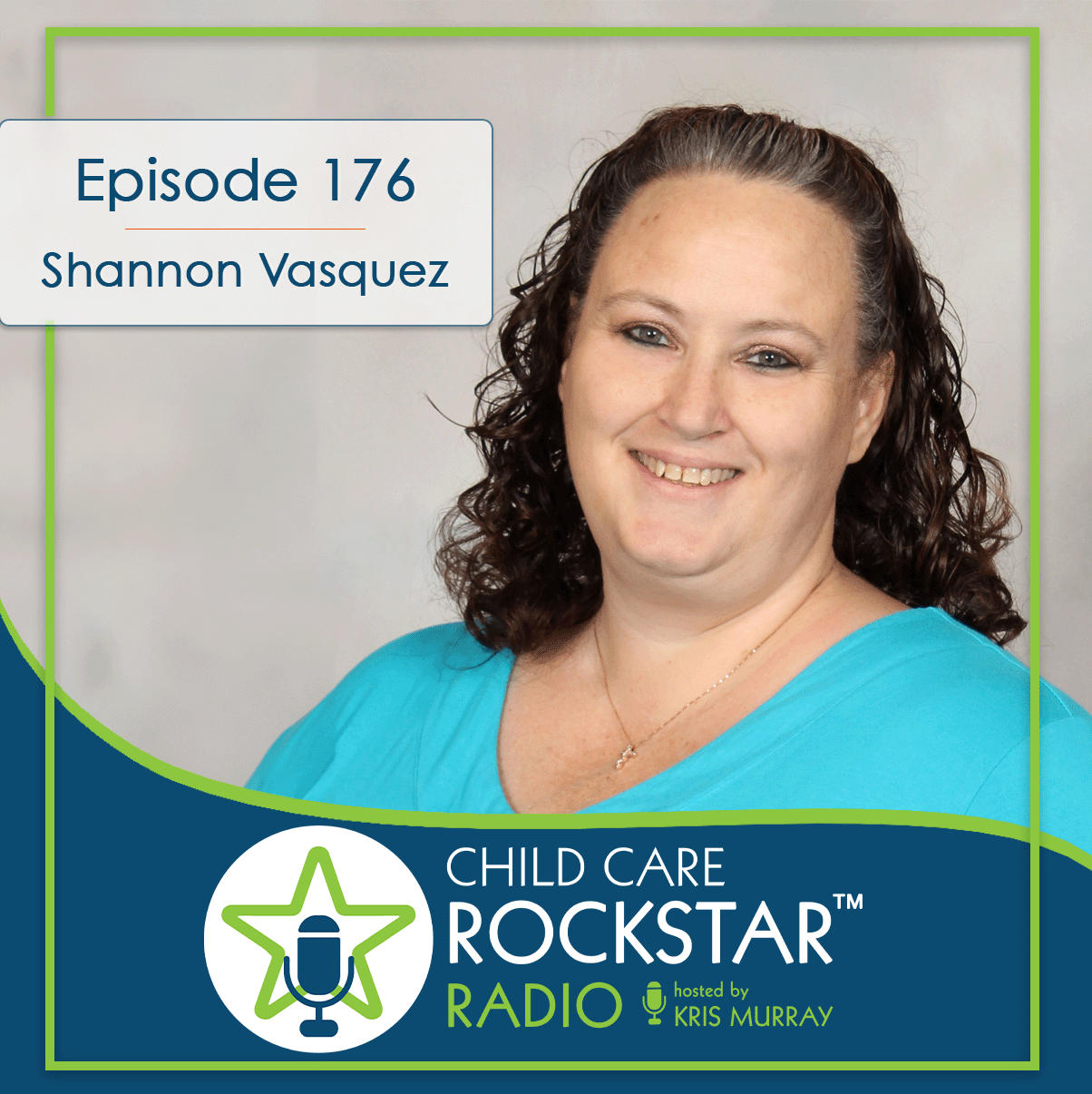Militza Mezquita: Get Support for Your Business in a Disaster or Crisis
Description
It’s an extremely valuable and informative episode, as Kris welcomes Militza Mezquita, Senior Advisor with Save the Children. Save the Children is the primary organization in the United States, helping childcare centers with emergency preparedness, resources, and funding for over 100 years. Militza shares a wealth of knowledge about funding and what you can do to come back stronger after an emergency event, even if you are a for-profit business. She talks about the importance of embedding emergency preparedness into business plans, the Gulf Coast Resilience Network, and the process of accessing funding after a disaster. Militza also emphasizes the critical need for mental health support for both teachers and children following emergencies.
Key Takeaways:
[7:44 ] Militza talks about Save the Children’s background, mission, and history.
[9:11 ] Explanation of Save the Children’s support methods including remote assistance and fundraising.
[13:56 ] What is the Gulf Coast Resilience Network?
[20:40 ] The importance of prioritizing teachers’ mental health after disasters.
[21:02 ] How Save the Children gets their funding.
[23:35 ] Advocating and staying in touch with legislators.
[24:19 ] The importance of prioritizing the mental health of teachers and providers.
[28:45 ] Tips for relocating childcare facilities after a disaster, including the FEMA-SBA application strategy.
[32:15 ] All of Save the Children’s training and materials are free for childcare providers.
Quotes:
-
“We teach our childcare folks that emergency preparedness is embedded in your business plan, it’s got to be in there.” — Militza [11:01 ]
-
“If parents can’t have stable and high-quality childcare, they’re not going to work and our economy will collapse. And then when you finally paint that picture, you can see the light bulb go off.” — Kris [23:21 ]
-
“We’ve done the mental health work, we’ve done the hard part and we’re really proud of that. And we’ve seen a lot of good come out of those training sessions and getting teachers and families ready to go back into centers.” — Militza [27:22 ]
-
“We really saw a lot of good results in building our teachers’ resiliency and our children’s resiliency. We know that when our teachers are ready and calm, then our children will be ready and calm. And then together, they can facilitate advantageous learning and quality learning.” — Militza [27:15 ]
Sponsored By:
























